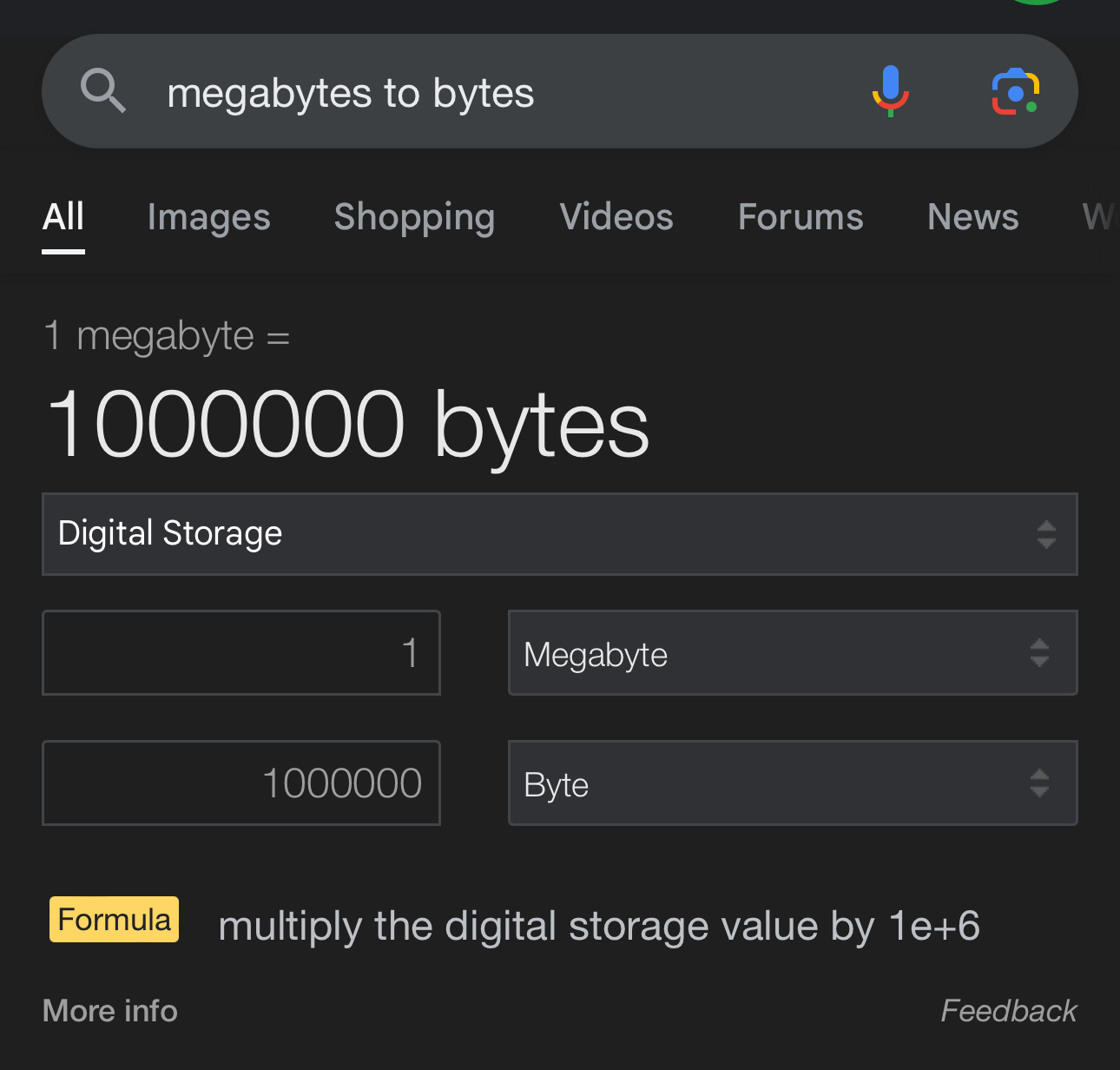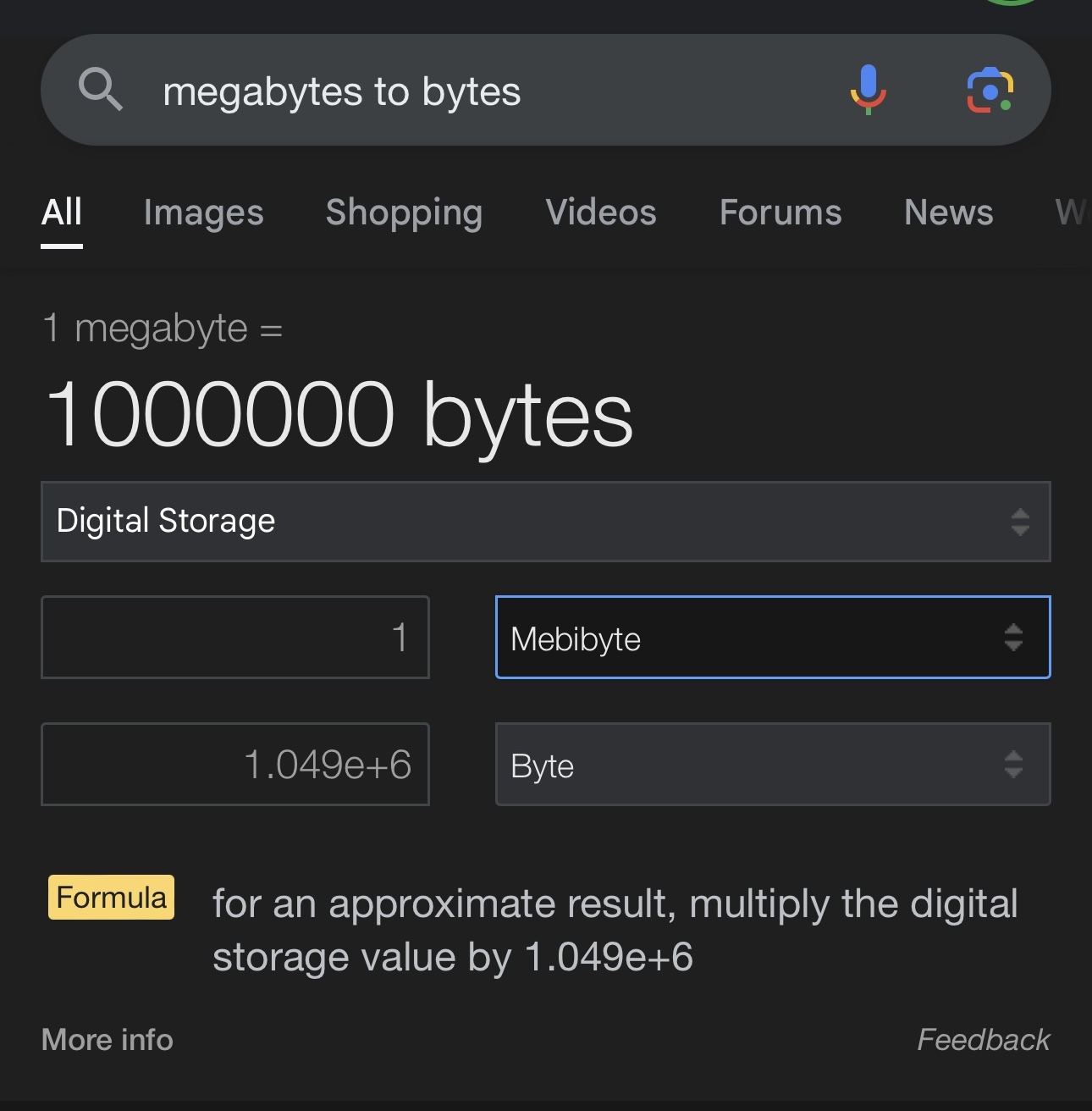The study talks to 16 Mastodon admins who got to say what they thought Mastodon did. It’s not really a study, it’s just a survey. Being posted here is just confirmation bias. For Mastodon to increase citizen empowerment, there has to be something measured and a control group that isn’t on Mastodon.
From the abstract
In this paper, following a pre-study survey, we conducted semi-structured interviews with 16 Mastodon instance administrators, including those who host instances to support marginalised and stigmatised communities
You really have to read beyond the headline. This isn’t Reddit.


This isn’t a lunatic. This is someone trying to make a point about companies thinking they can use AI to replace devs. Poe’s Law is on heavy display here in these comments.
Whether or not you have experienced it, there is currently a trend both in recruiting and in millionaire leadership dialogue toward dropping devs for AI codegen. CEOs that don’t understand how anything works (eg Salesforce) think you can just not hire devs because Google’s inflated AI stats that included basic autocomplete in their full AI codegen numbers indicate AI can code. Boards believe generative AI is capable of things it won’t be able to touch for decades. I have to deal with idiotic AI questions from Fortune 500 companies every fucking week.
From a hiring perspective, it’s becoming incredibly difficult to weed out AI bullshit. For every one qualified candidate I get, I’ve had to drop five or more in a fucking tech screen because, while codegen has given them enough to pass a basic hiring screen that used to weed out a lot more, there’s zero fucking ability to code without Copilot or critical understanding of the code it generates. When I was starting out, the same problem existed at university but got filtered out after graduation fairly quickly.
The non lunatic here is extending that to other disciplines because it’s a natural next question. He’s not exactly applying a slippery slope; it’s sort of there underneath.
Edit: valid criticism of the post is that you have to have a degree to code. That’s bullshit. After my first degree, I went back for CS and dropped out because it was a waste of time. It limited my job pool initially; this far into my career it really does nothing. I’ve hired some solid bootcamp devs. I’ve seen shitty bootcamp devs. I’ve also seen a bunch of CS masters who have no fucking clue how to ship production code but can wax poetic about algorithm design. Since I don’t run an R&D department, that doesn’t matter 95% of the time.